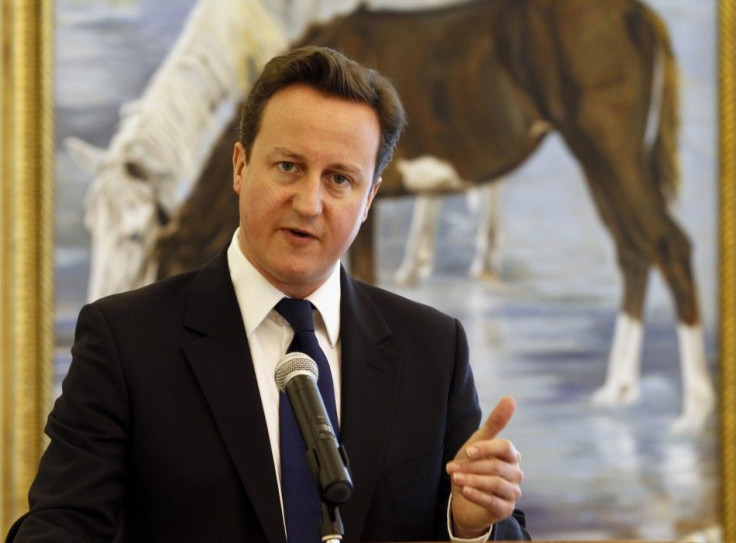UK Labor Unions and Government On Collision Course Over Pensions

The British government and UK labor movement are on a direct collision course.
Dave Prentis, general secretary of Unison, the nation’s largest union with 1.3-million members, has vowed to stage massive rallies this summer and autumn and beyond to protest against Westminster’s pension reforms.
Union leaders are outraged that the government’s proposed measures will require their members to work longer and contribute more money into smaller pensions.
“It will be the biggest since the general strike [of 1926],” Prentis told British media.
“It won’t be the miners’ strike. We are going to win.”
Not surprisingly, the government has urged unions to accept the pension deal. Danny Alexander, The Chief Secretary to the Treasury, warned it would be a “colossal mistake” for public sector workers to reject it, warning they will not get a better pact.
Moreover, CBI, one of Britain’s leading business lobbying organization, has recommended to Prime Minister David Cameron to take a tough stance against union threats.
John Cridland, the CBI’s director general, said: “Contributions to these [pension] schemes do not equal the value of benefits being promised -- this gap is £10 billion a year, and growing.”
But unions are also standing firm.
The GMB, Britain’s general trade union, has already vowed the cancel talks with the government over the pension plan.
750,000 teachers and civil servants have called for a nationwide strike on June 30.
“I strongly believe that one day of industrial action will not change anyone’s mind in government,” Prentis said.
“We want to move towards a settlement. The purpose of industrial action is not industrial action; it is to get an agreement that is acceptable and long-lasting. But we are prepared for rolling action over an indefinite period. This coalition has got to open its eyes and see that in just reacting to a Daily Mail view of the public sector they are walking into a trap of their own making.”
Prentis added that he fears the government is seeking to privatize public sector services.
“You can’t just look at what’s happening around pensions as a single issue,” he said. “All our members provide public services.
You look at what this coalition [government] has decided to do to reduce the deficit and it’s decided that most of the deficit reduction program will be at the expense of our public services. The people that we represent are facing redundancy, a two-year pay freeze, while inflation is 5 percent and gas prices are going up 20 percent, and they are desperately worried about privatization of the services they have committed their working lives to.”
Prentis further added: “It means that cowboys that we used to have in the 1980s can put in bids that will always undermine the public service bid and they will get the contract not on the quality of work but because they are cheapest. It’s just to soften the way for privatization.”
Brendan Barber, general secretary of Trades Union Congress (TUC), agreed with Prentis.
“I want to see this resolved by negotiation but if the Government are determined to push through a huge attack on people’s pension entitlement, they are not prepared to negotiate in a sensible, reasonable, fair-minded way, then the unions will have no option open to them other than to try to defend their members through industrial action,” he told BBC.
“I don’t think the wider public see their public service colleagues in the way that some people like to portray them. The nurses and health care workers in our hospitals, the teachers in our schools, the carers who look after the elderly and infirm - they don’t see these people as the kind of parasites some media commentators present public servants to be.”
© Copyright IBTimes 2024. All rights reserved.





















